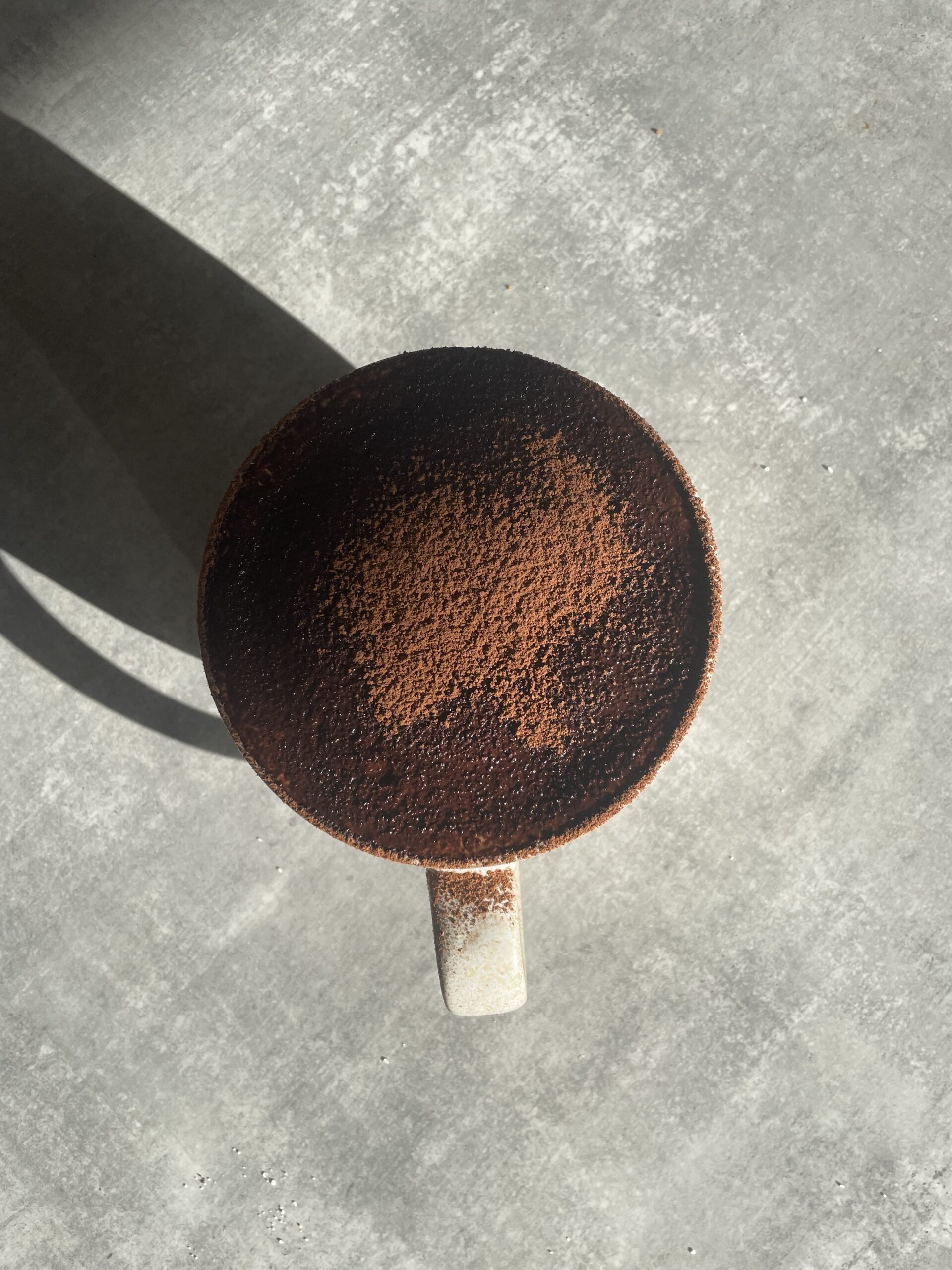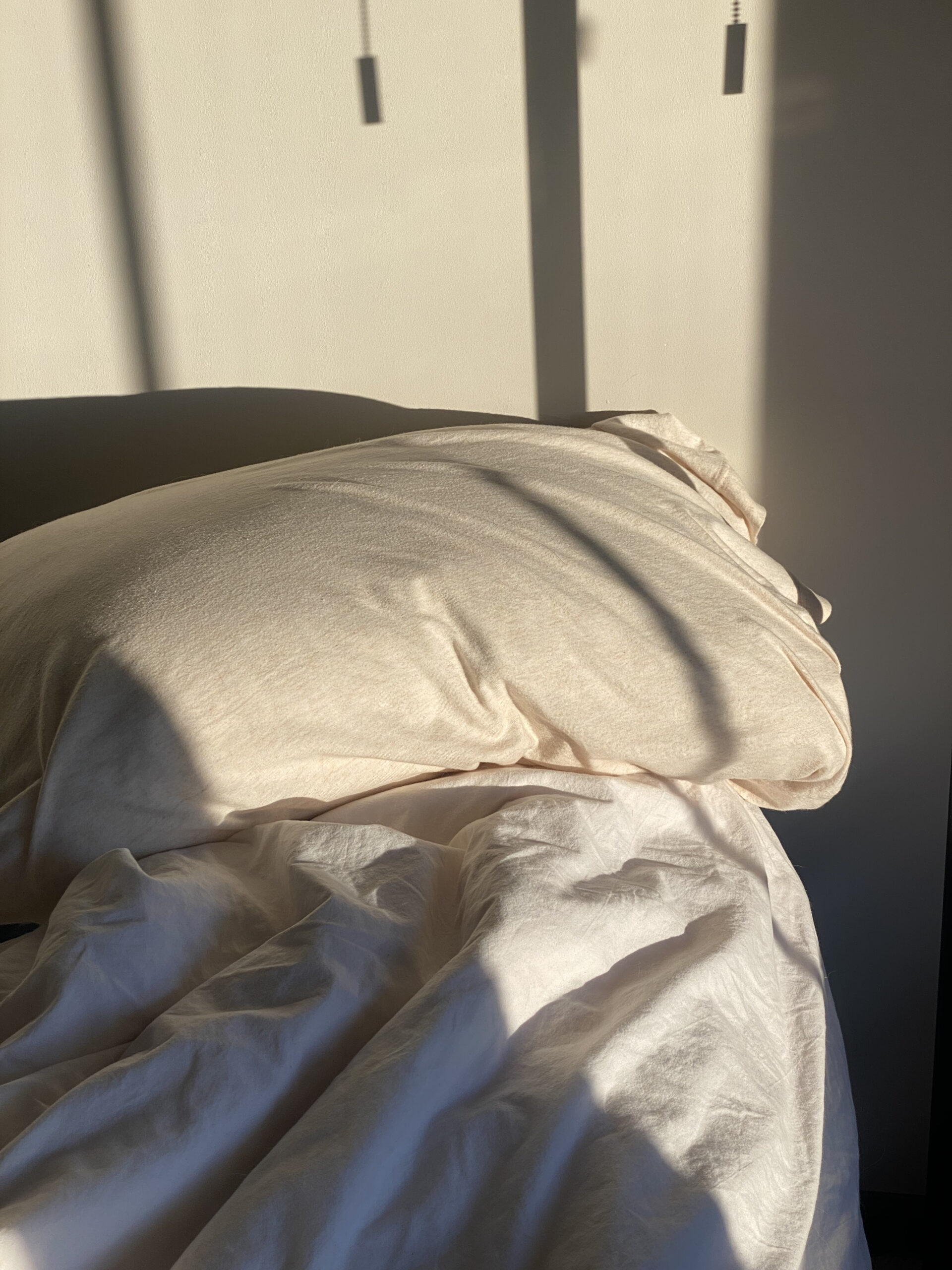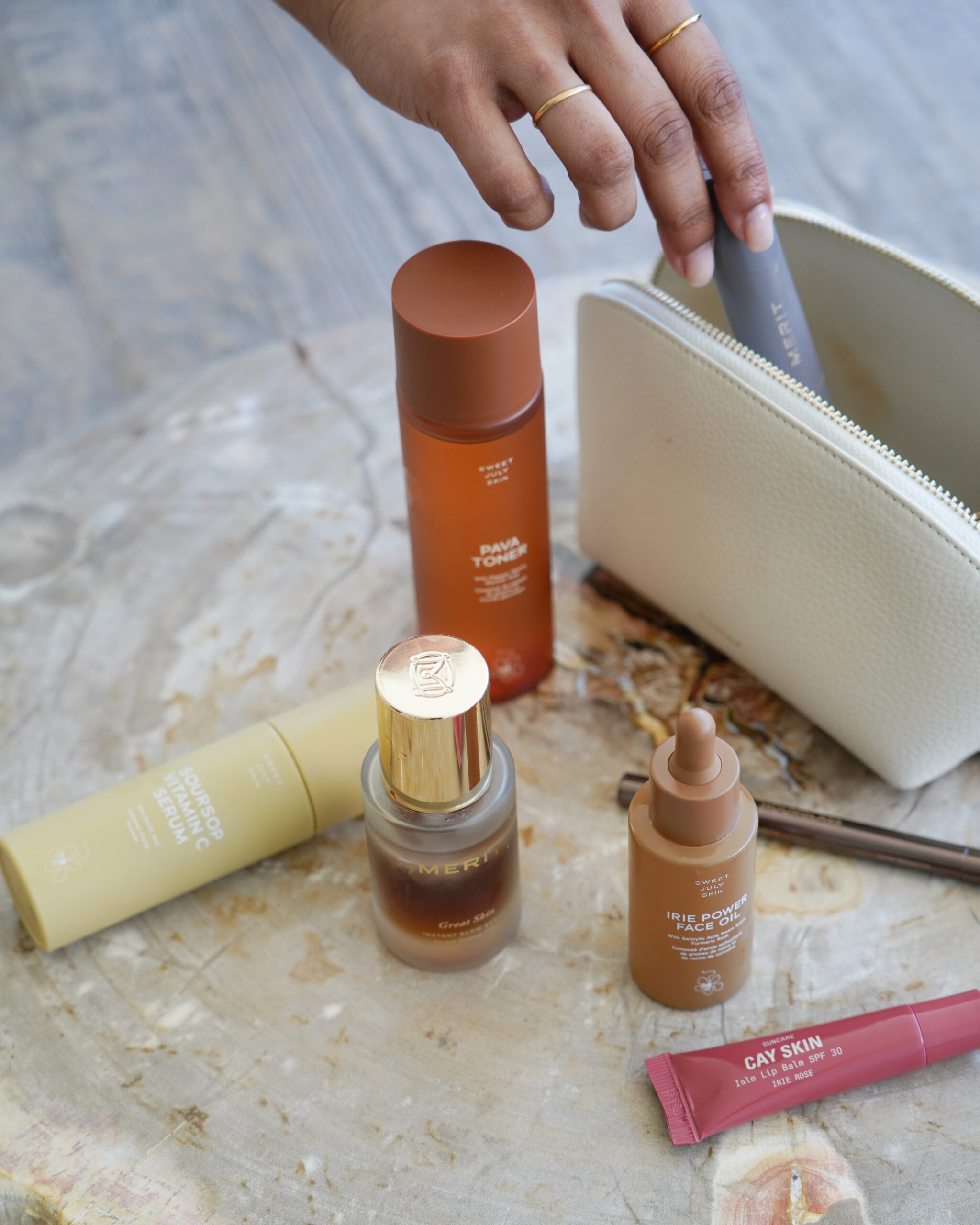Is Hyaluronic Acid the Secret to Clearer Skin?
Ever find yourself staring at a sea of skincare products, wondering which miracle cream will finally give you that clear, radiant skin? Reading ingredient lists that sound more like chemistry homework than something you’d put on your face? I feel you. As someone who loves a minimal skincare routine (seriously, who has time for 25 steps?), I’m all about products that double up on benefits. So, when I learned that hyaluronic acid has benefits for acne, not just for hydration purposes, I was thrilled. Especially as someone who deals with hormonal acne.
Initially, I thought hyaluronic acid was mainly for dry skin, helping with moisture and the skin barrier. But after a bit of research, I discovered it’s beneficial for so much more. Let’s dive into the wonders of hyaluronic acid and how it can transform your skincare routine.
What is Hyaluronic Acid?
Imagine your skin as a sponge, and hyaluronic acid (HA) is the water it so desperately needs. Naturally found in our bodies, this substance holds water and keeps your skin plump and hydrated.
Dr. Rachel Nazarian, a board-certified dermatologist at Schweiger Dermatology Group, says, “Hyaluronic acid is a humectant, meaning it draws moisture into the skin and helps retain it, keeping the skin hydrated, plump, and glowing”.
How Hyaluronic Acid Helps the Skin
So, why all the fuss? For starters, HA can hold up to 1,000 times its weight in water molecules. Picture carrying around that much water—talk about a hydration powerhouse! By keeping the skin moisturized, HA helps maintain a healthy skin barrier, which is crucial for protecting against environmental nasties and keeping dryness and irritation at bay. And the best part? It’s good for all skin types—dry, oily, sensitive, or combination.
Benefits of Hyaluronic Acid for Different Skin Types
- Dry Skin: If your skin feels like the Sahara desert, HA is your oasis. It deeply hydrates, leaving your skin soft and supple.
- Oily Skin: Yes, even oily skin needs moisture! HA helps balance oil production, providing lightweight hydration, reducing that greasy shine and the likelihood of breakouts.
- Sensitive Skin: Gentle and soothing, HA calms irritation and redness, making it perfect for those with touchy skin.
- Combination Skin: HA’s versatility means it hydrates dry patches without overwhelming oily areas, making it ideal for combination skin.
How Hyaluronic Acid Helps Acne-Prone Skin
Now, let’s get to the heart of the matter: acne. Hyaluronic acid’s hydration superpowers are a game-changer for acne-prone skin. By maintaining proper moisture levels, HA helps prevent your skin from overproducing oil—a common culprit behind breakouts. Plus, it creates a protective barrier that shields your skin from external irritants that can aggravate acne.
HA’s anti-inflammatory properties are another bonus. They soothe irritated skin, reducing the redness and swelling associated with acne. It also promotes skin healing, helping to repair acne-related damage and minimize the appearance of acne scars. You might wonder, “Isn’t something that hydrating going to make my oily skin worse?” But that’s the magic of HA—it hydrates without clogging pores.
Common Acne Treatments and the Role of Hyaluronic Acid
For those struggling with acne, treatments often involve powerful active ingredients like benzoyl peroxide and salicylic acid. While effective, these treatments can be quite drying, leading to flakiness and irritation. Enter hyaluronic acid, the perfect partner for your acne-fighting regimen. HA helps to counteract the drying effects of these treatments by providing lightweight hydration, keeping your skin balanced and comfortable.
- Benzoyl Peroxide: A staple in acne treatments, benzoyl peroxide kills bacteria and helps to clear pores, but it can leave your skin feeling parched. Pairing it with HA ensures your skin stays hydrated and less irritated.
- Salicylic Acid: This beta-hydroxy acid exfoliates the skin and keeps pores clear but can also lead to dryness. HA’s hydrating properties complement salicylic acid’s exfoliating action, maintaining skin moisture while combating acne.
- Tretinoin: A powerful retinoid used to treat acne and improve skin texture. While highly effective, it can cause significant dryness and peeling. Using HA in conjunction with tretinoin helps to soothe and hydrate the skin, reducing the likelihood of irritation.
By integrating HA into your routine, you can enjoy the benefits of these potent acne treatments without the unwanted side effects of excessive dryness.
Finding the Right Hyaluronic Acid Product
Before you dash to the store, remember: not all hyaluronic acid products are created equal. Here’s what to look for:
- Molecular Weight: HA comes in different molecular weights, affecting how deeply it penetrates the skin. For best results, seek products that mix low and high molecular weight HA.
- Additional Ingredients: Some HA products are boosted with Vitamin C, peptides, or niacinamide, which enhance their effectiveness. Steer clear of those with alcohol or fragrances that could irritate your skin.
- Consistency: HA is available as serums, creams, and gels. Choose based on your skin type—lightweight serums for oily skin and richer creams for dry skin.
Best Practices for Introducing New Products into Your Skincare Routine
Introducing a new product into your skincare routine can be a bit daunting, but following these best practices can help ensure a smooth transition:
1. Patch Test First: Apply a small amount of the product to a discreet area (like behind your ear or on your wrist) and wait 24-48 hours to check for any adverse effects or reactions. This step is crucial, especially for those with sensitive skin.
2. Start Slowly: Introduce one new product at a time and gradually increase usage. Start with once a day, then move to twice a day if your skin tolerates it well.
3. Pay Attention to Ingredients: Be aware of the active ingredients in your existing products to avoid any potential interactions. For example, avoid using HA with products that contain strong acids initially, as they can reduce its effectiveness.
4. Moisturize and Protect: Always follow up HA with a good moisturizer to lock in hydration, and use sunscreen during the day to protect your skin from UV rays.
Why Hyaluronic Acid is Found in Dermal Filler
Hyaluronic acid is a popular ingredient in dermal fillers due to its ability to retain moisture and add volume. When injected, it helps to smooth out fine lines and wrinkles, providing a more youthful appearance. The natural hydrating properties of HA also make it ideal for enhancing the skin’s plumpness and elasticity, resulting in a refreshed and rejuvenated look .
Hyaluronic Acid Myths and Misconceptions
There are quite a few myths floating around about hyaluronic acid. Let’s debunk some of the most common ones:
- Myth: Hyaluronic acid is only for dry skin.
- Fact: HA is a universal hydrator suitable for all skin types, including oily and sensitive skin.
2. Myth: Topical HA penetrates deep into the skin.
- Fact: Most topical HAs do not penetrate past the epidermis, but they still provide significant hydration and surface-level plumping.
3. Myth: Hyaluronic acid can replace your moisturizer.
- Fact: HA should be used in conjunction with a good moisturizer to lock in the hydration it provides.
FAQ: Common Questions About Hyaluronic Acid
Q: Can hyaluronic acid cause breakouts?
A: Hyaluronic acid itself is non-comedogenic and should not cause breakouts or skin purging. However, if a product containing HA causes breakouts, it might be due to other ingredients in the formulation that could clog pores.
Q: Is hyaluronic acid safe for sensitive skin?
A: Yes, hyaluronic acid is generally well-tolerated and beneficial for sensitive skin due to its hydrating and soothing properties.
Q: Can I use hyaluronic acid with other active ingredients?
A: Hyaluronic acid can be used in combination with other skincare ingredients but avoid mixing it with products containing Vitamin C or alpha hydroxy acids (AHAs) as they may reduce its effectiveness.
Q: Does hyaluronic acid help with acne scars?
A: While hyaluronic acid can help plump and hydrate the skin, improving the overall appearance of acne scars, more intensive treatments like microneedling or chemical peels may be necessary for significant scar reduction.
Incorporating Hyaluronic Acid into Your Routine
Integrating hyaluronic acid into your daily skincare routine is simpler than you might think. Here are some tips:
- Cleansing: Start with a gentle cleanser to remove impurities and prep your skin for better absorption of HA.
- Application: Apply a hyaluronic acid serum to slightly damp skin. This helps lock in moisture.
- Moisturizing: Follow up with a moisturizer to seal in the hydration provided by the HA.
- Sun Protection: Always finish your routine with a broad-spectrum sunscreen to protect your skin from UV damage, which can exacerbate acne.
Top Products to Help
Here are some top-rated hyaluronic acid products to help you achieve that coveted clear, hydrated skin:

1. The Ordinary Hyaluronic Acid 2% + B5
Why it’s great: Affordable and effective, this serum combines low, medium, and high molecular weight HA with Vitamin B5 for enhanced hydration.
Price: $9.90

2. Neutrogena Hydro Boost Water Gel
Why it’s great: This lightweight gel formula is perfect for oily and combination skin, providing long-lasting hydration without clogging pores.
Price: $27.99
Available at: Drugstores nationwide & Ulta

3. Drunk Elephant B-Hydra Intensive Hydration Serum
Why it’s great: Packed with pro-vitamin B5, pineapple ceramide, and a blend of HA, this serum hydrates and improves skin texture.
Price: $49
Available at: Sephora

4. Vichy Mineral 89 Hyaluronic Acid Face Serum
Why it’s great: With 89% Vichy volcanic water and HA, this serum strengthens and plumps the skin, making it resilient against environmental stressors.
Price: $29.99
Available at: Ulta

5. CLEARSTEM CellRenew Collagen Infusion Serum
Why it’s great: This hyaluronic acid-based serum is packed with collagen-boosting ingredients like stem cells and green tea. It’s designed to rejuvenate acne-prone skin and reduce the appearance of fine lines and wrinkles. Plus, it’s free from potential irritants, making it perfect for sensitive skin. (They also make a dietary supplement to help with acne.)
Price: $54
Pros: Free from parabens, sulfates, and artificial fragrances; vegan and cruelty-free.

6. SkinCeuticals Hydrating B5 Gel
Why it’s great: This gel combines hyaluronic acid with Vitamin B5 to enhance moisture retention and promote skin repair. It’s lightweight, non-greasy, and perfect for those with acne-prone skin.
Price: $90
Available at: Dermstore

7. SkinBetter Science AlphaRet Overnight Cream
Why it’s great: Combining hyaluronic acid, retinoid, and glycolic acid, this cream provides deep hydration and improves skin clarity, texture, and tone. Ideal for acne-prone skin.
Price: $140
Available at: SkinBetter Science

8. Alastin Skincare HA Immerse Serum
Why it’s great: This serum uses high-molecular weight hyaluronic acid, which is non-irritating and perfect for sensitive and acne-prone skin. It boosts the skin’s hydration at the surface while encouraging the skin’s ability to produce its own HA for long-term benefits.
Price: $118
Available at: Alastin Skincare
Hyaluronic acid might just be the missing piece in your skincare puzzle. Whether you’re battling breakouts, seeking to boost hydration, or looking to improve your overall skin health, this powerful ingredient can help you achieve the clear, glowing skin you deserve. Happy hydrating!
feartured post
Our New
Living Room
This could go to a blog post, an Amazon shop, a page of your site, your like to know it — whatever you want!
BEST THE BLOG
of









+ Show / Hide Comments
Share to: